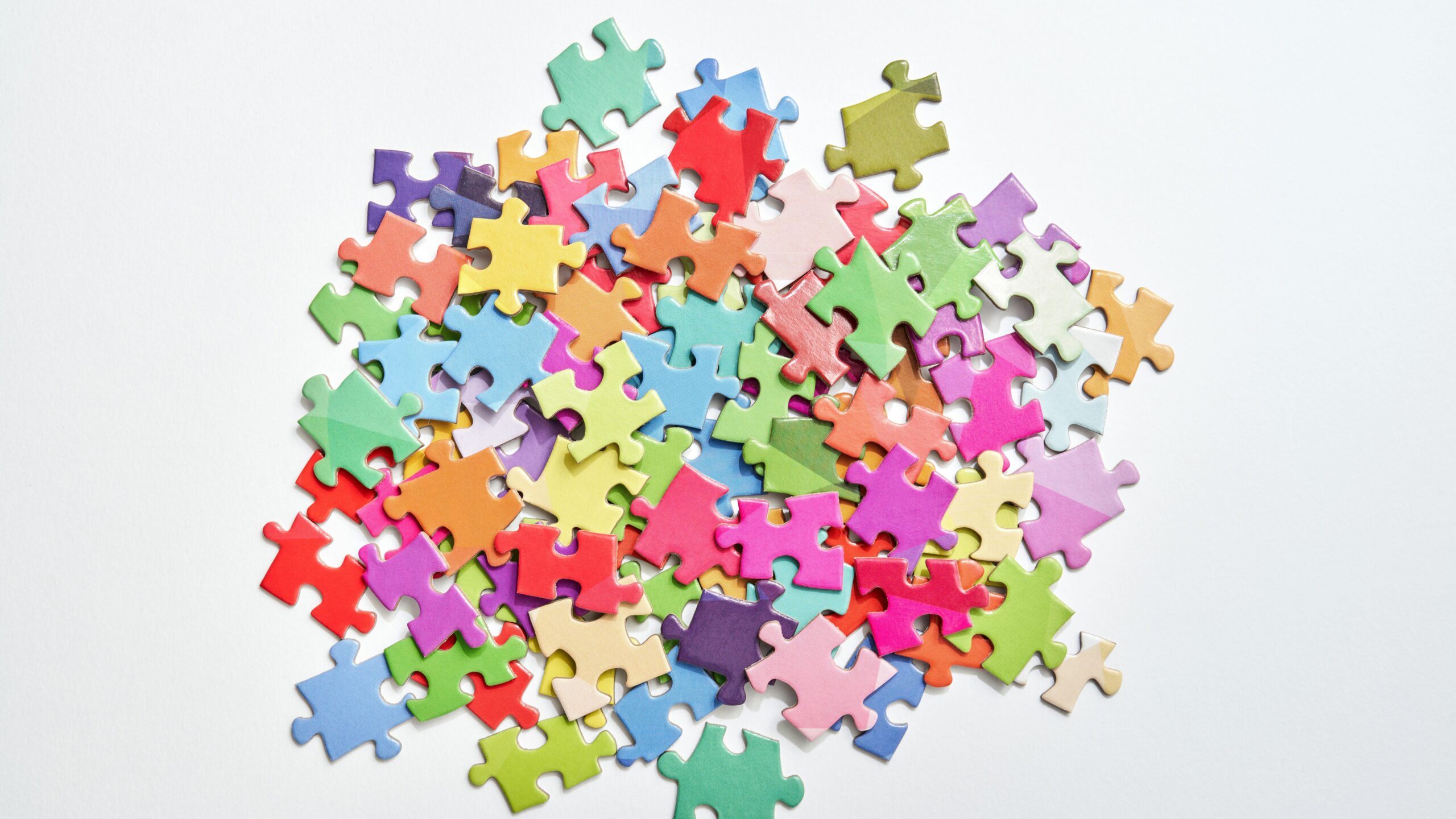How to Develop Patience: Understanding the Value
Learning how to develop patience is essential in today’s fast-paced world. Many people struggle with impatience daily. However, discovering how to develop patience transforms your life significantly. Patience is not about suppressing emotions. Rather, it involves responding thoughtfully instead of reacting impulsively. A patient person understands that setbacks occur naturally. Delays happen. Mistakes are inevitable. This perspective helps build healthier habits effectively.
Moreover, patience supports better communication. It strengthens relationships significantly. Additionally, it enhances decision-making abilities. Research from UC Berkeley’s Greater Good Science Center demonstrates that patient people tend to be more cooperative and empathic. They show greater forgiveness. Consequently, patience becomes a critical life skill. Furthermore, it supports long-term personal growth.
How to Develop Patience Through Mindfulness Practice
One of the most effective ways regarding how to develop patience involves mindfulness practice. By being fully present, we notice our emotions clearly. However, we don’t become consumed by them. For example, consider waiting in traffic. Alternatively, think about difficult conversations. Practicing mindful living allows observation of frustration. You can gently redirect attention.
According to research published by the National Institutes of Health, mindfulness reduces emotional reactivity. It creates space for calm responses. Simple practices help strengthen this ability. Try deep breathing exercises. Practice body awareness techniques. Additionally, short meditation sessions work excellently. Therefore, patience becomes more natural in daily interactions.
Reframing Delays: A Key Strategy to Develop Patience
Impatience often arises from feeling powerless over time. However, moments of waiting can be reframed effectively. Consider them opportunities for reflection. Use them for creativity. Alternatively, view them as rest periods. Instead of seeing delays as wasted time, transform them. Listen to a podcast. Practice gratitude. Check in with your emotions.
This mindset shift proves powerful for how to develop patience. Over time, this practice trains the mind differently. Consequently, patience becomes associated with growth. It no longer feels uncomfortable. Research from Psychology Today confirms that focusing on solutions rather than problems reduces impatience significantly.
Building Daily Habits to Develop Patience
Just like any skill, patience strengthens through practice. One effective method for how to develop patience involves setting small daily challenges. These require patience intentionally. For instance, allow conversations to unfold naturally. Don’t interrupt. Eat meals slowly and mindfully. Dedicate a few minutes to silent reflection. Do this before starting work.
These small acts gradually rewire the brain. Patience becomes a natural state. The more we practice, the more resilience develops. Consequently, we handle larger challenges better. These test our endurance significantly. Moreover, consistent practice builds lasting change.
Developing Patience in Relationships Through Empathy
Impatience often emerges when others don’t meet expectations. This happens frequently. Whether in personal life or professional settings, recognition is essential. Everyone has their own pace. By practicing empathy, we become patient listeners. Additionally, we become compassionate partners. We improve as colleagues and friends.
This shift improves communication significantly. Furthermore, it deepens trust substantially. When we extend patience to others, bonds strengthen. An environment emerges where growth flourishes. Understanding can develop freely. Studies from Frontiers in Psychology show that patient individuals demonstrate enhanced resilience. Moreover, they experience higher life satisfaction. These benefits directly support learning how to develop patience.
How to Develop Patience by Accepting What You Cannot Control
A major cause of impatience involves control desire. Specifically, wanting to control situations beyond our reach. Learning how to develop patience requires acknowledgment. Uncertainty is part of life. Accepting what we cannot change frees us. Unnecessary frustration disappears. Peace emerges naturally.
Instead of resisting delays, focus differently. Manage what you can control. Your mindset remains manageable. Your effort stays within reach. Your response is controllable. This simple yet profound shift works effectively. It supports mindful living significantly. Consequently, maintaining balance becomes easier. Even challenging circumstances become manageable.
Long-Term Benefits When You Develop Patience
Understanding how to develop patience provides long-term advantages. It’s not only a short-term coping strategy. Rather, it’s an investment in growth. Individuals who cultivate patience make wiser decisions. They build stronger relationships. Additionally, they experience less stress overall.
In careers, patience leads to perseverance naturally. People stay committed to goals. This happens despite setbacks. In personal life, patience enhances emotional well-being. It deepens connections significantly. Furthermore, it fosters greater self-awareness. Research from the American Psychological Association demonstrates that mindfulness-based patience practices reduce anxiety and depression symptoms. Over time, patience becomes a guiding principle. It aligns with mindful living. Meaningful growth follows naturally.
Practical Strategies: How to Develop Patience Daily
Learning how to develop patience requires practical strategies. Start with simple techniques. Practice deep breathing when frustration arises. Count to ten before responding. Take short mindfulness breaks throughout your day. These help significantly.
Additionally, set realistic expectations for yourself. Acknowledge that change takes time. Progress happens gradually. Celebrate small victories. They build momentum effectively. Use positive self-talk consistently. Remind yourself that patience is a skill. It improves with practice.
Create environmental cues for patience. Place reminders around your space. Use phone alerts for breathing exercises. Join a mindfulness group. Share experiences with others. Consequently, accountability increases. Support systems develop naturally.
Develop Patience as a Path Toward Inner Peace
Mastering how to develop patience is about progress, not perfection. Each moment of pause matters. Reflection counts significantly. Mindful responses build foundations. Emotional strength develops over time. By integrating mindfulness, empathy works better. Healthy habits form naturally. Therefore, patience becomes more than a skill. It becomes a way of life.
In both small moments of waiting and larger challenges, patience offers freedom. We live with intention. Compassion guides our actions. Balance feels natural. When we embrace patience, we cultivate many things. Healthier relationships develop. Professional resilience strengthens. Additionally, deeper inner peace emerges naturally.

